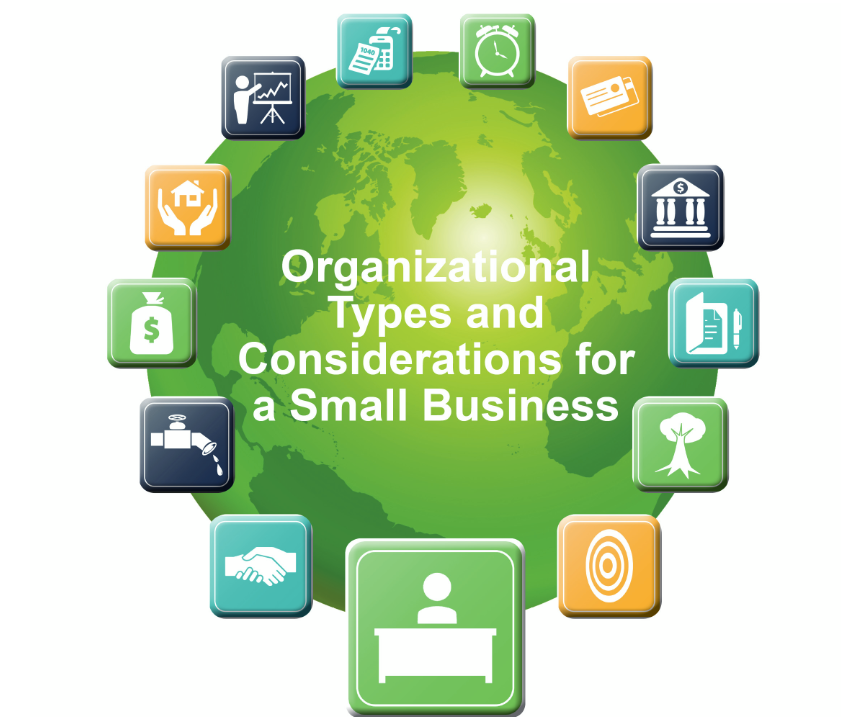For many businesses, students going back to school can present an opportunity for sales. Unlike a gleeful house fly rubbing its forelegs over a drop of honey on the kitchen table, a few companies are not so thrilled. Losing valuable summer workers, a change in consumer buying habits, and losing the lunch crowd that will no longer be hanging out near their store, can add up to financial losses. The good news is, there are many ways to tap into back-to-school opportunities. Here are a few ideas to think about:
Be flexible:
Offer students part time positions with flexible hours that work with their school schedule. This can include adjusting hours and offering extended breaks for times when an employee needs to study.
Get social:
Create a friend of (your business) social following page where customers and former employees can keep up with what is happening now that they are in school. Offer future coupons, organize quarterly social gatherings, or create loyalty programs to keep interest.
Enlist help:
Outsource influencers that are willing to post products, information or ideas related to your company. With the ease of posting pictures on Instagram, pinning on Pinterest, or TikTok videos, marketing can be done at any time even while in school. Look for influencers with an active and substantial following. Unlike Jessie who hangs out with your daughter. Her promise that if you give her free stuff, she’ll post a picture to all three hundred of her friends, is not going to get the results you want.
Back to school marketing is not just for retailers:
Retail sales are on track to be the highest in the past five years. (Despite the looming recession.) The National Retail Federation estimates $36 billion will be spent in back-to-school related sales and $73 billion is expected for back to college spending this year. While it appears that consumers are undeterred by the current high rate of inflation, they are making cuts elsewhere. If you are a non-retail business facing a shift in spending caused by these cuts, marketing is essential.
For the food and restaurant industry, create before and after school specials. Market a “bring a school pal and get a free coffee or soda” promotion. Offer special takeout or boxed school lunches or discount deliveries. Try discounts for kid’s meals during back-to-school shopping hours.
The millennial generation prefers texting to talking. Use short message systems (SMS) for targeting and making people aware of your e-commerce business. Add links with coupons and discounts to direct them to your site.
Tweak your website with back-to-school themes, ideas, and blogs with helpful information. Add limited time discounts on services that create a sense of urgency.
Top back-to-school promotional items for 2022:
Curious as to which items are “hot” this year for back to school? Here’s a list:
- Electronics are expected to make up a considerable portion of school spending.
- Shoes and clothing
- Educational books and supplies
- Furniture and bedding
- Stationery
Non-retail items to promote:
For health and fitness: Create a fitness challenge that can be followed on social media. Offer back to school specials on classes or services. Discount with a two for one special on manicure, pedicure, facials, and neck massage to relieve post shopping stress.
Restaurants and food service industry: Offer a free dessert with after school specials. Give out cookies or small snacks during peak shopping hours to increase awareness.
Education and teaching: offer an hour of free tutoring services. Raffle a free notebook or stationery with online courses. Conduct how to courses on improving Wi-Fi, computer speed, or organizing your dorm and office.
Partnering with schools:
Each year many businesses partner with local schools providing everything from I.T. services, sports equipment, food and beverage vendors to yearbook and class ring vendors. The competition to become a school vendor is fierce. It is more about the relationship than the money that draws the interest of the school administrator. Your company must be reliable and have an edge over the competition. Do your homework and be prepared.
Get your face out there:
The school administrator is responsible for selecting vendors. With endless contacts by vendors seeking contracts, it is often the administrative assistants who act as the dragons guarding the gate. Becoming friends with the assistants can often get you on the administrator’s schedule. Meet with purchasing agents, district officials, or do a presentation at a parent /teacher organizational meeting.
Timing is everything:
Do your research and find out when vendor selection begins. Evaluations, needs assessments and goal setting tends to start at the beginning of the summer for most seasonal schools. Spending starts in July in preparation for opening in late August or early September.
Should I partner with local businesses?
ABSOLUTELY! Teaming up with another business for back-to-school can increase your customer reach. Create an event with food vendors, music and giveaways to draw attention to your company.
Holding a supply drive, a bake sale or fun run event while donating to a school-oriented charity can also bring awareness to your company.
Back to school will be here before you know it! Do you need some ideas on how to promote your small business and take advantage of the back-to-school rush? We can help! Contact us at the Small Business Development Center – SBDC – Serving Paris area: Lamar, Hunt, Hopkins, Delta, and Red River counties.




